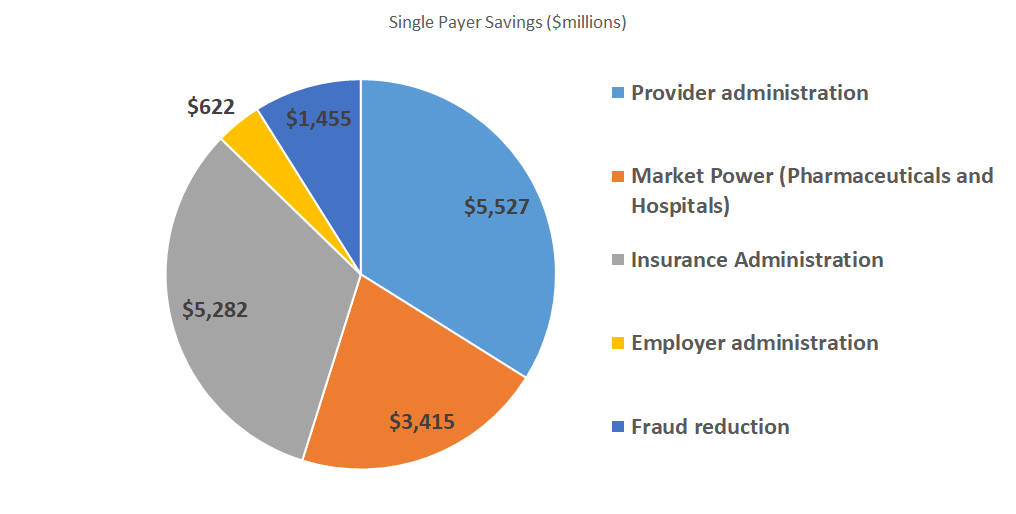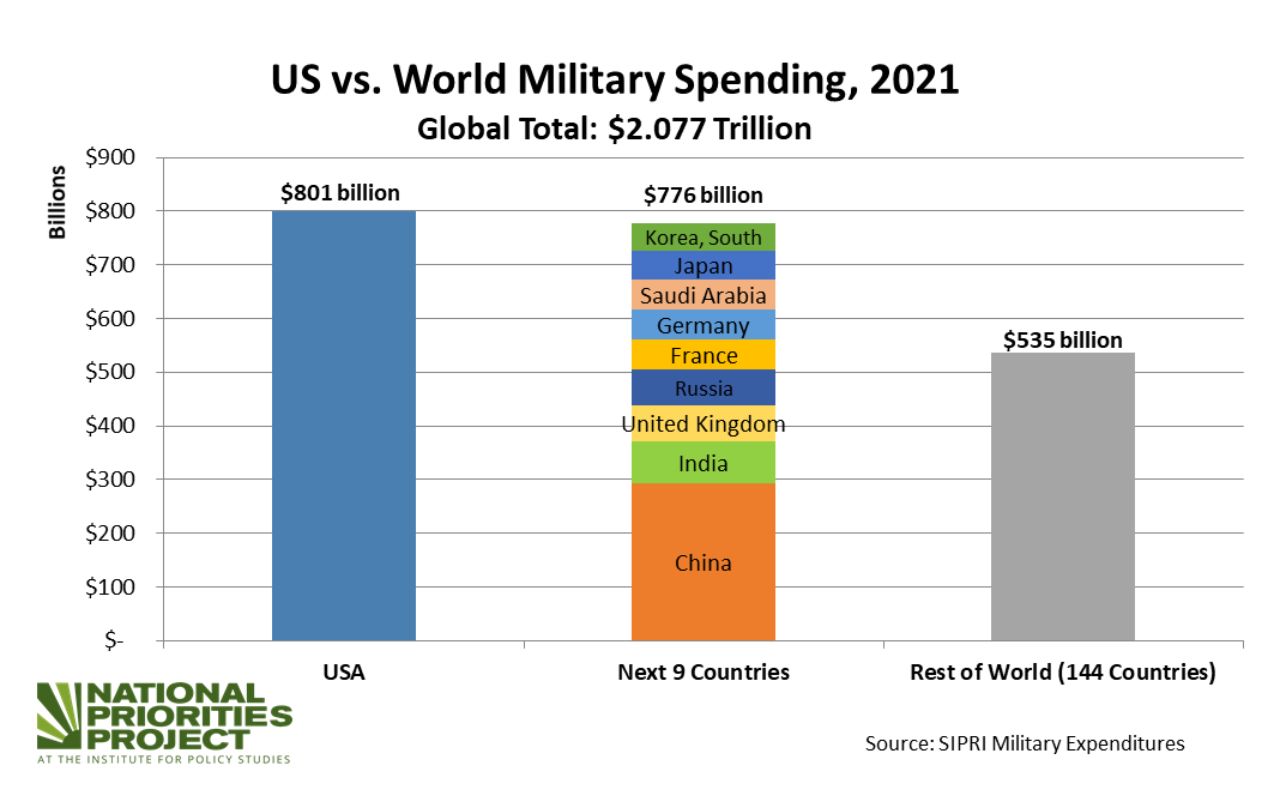Whole Washington, a grassroots coalition of healthcare professionals and volunteers, kicked off its series of Town Halls, “Let’s Make Healthcare Happen,” at the Olympia Center on April 25. Formed in November 2016, Whole Washington endorses, organizes and fights for federal and state-based universal, single-payer healthcare that puts people over profits. The Town Halls intend to educate, listen to people’s healthcare stories, and provide ways to advocate for universal healthcare.

Washington Physicians for Social Responsibility (WPSR) and Undue Medical Debt are teaming up with Whole Washington to talk to people across the state about the Washington Health Trust (as described in Initiative 1471 and Senate Bill 5335), “which would establish the first state-wide, publicly financed, not for profit, healthcare system in the U.S. Instead of multiple private insurance companies and multiple profit-driven programs, the Washington Health Trust would pay the healthcare expenses of Washington State residents. This legislation was written by citizens, for citizens, free from the influence of corporate interests. Whole Washington’s goal is comprehensive universal healthcare, from cradle-to-grave with no one left out.”

You can help support the Washington Health Trust
Pledge to Sign Whole Washington’s next initiative.
Submit Public Comment to the Universal Health Care Commission (UHCC)
Ask your elected officials and local candidates to sign the Patients Over Profits Pledge
Donate to individual organizations and/or Whole Washington’s Undue Medical Debt
Healthcare not Warfare
While people struggle to afford health care costs, especially those who are uninsured, low income, black and Hispanic, spending for the military, $801 billion in 2021 which is more than the next 9 countries combined, continues to climb. Even policing in America, at a cost of $188 billion, exceeds all other countries’ military expenses, except for China.
American healthcare is the most expensive per capita in the world, spending an average of $12,500 per person, double the costs of countries with universal coverage. Worse, it does not fully cover the majority of the population. In 2022, 43% of working-age Americans had no or inadequate health coverage, provided by a confusing array of for-profit, government and non-profits with premiums, co-pays and deductibles that tend to limit service. Unions are forced to spend much of their resources negotiating health benefits instead of wages and working conditions, while health insurers’s CEO benefits climb into the millions.
Meanwhile, the US spends more than half of its discretionary spending for the military, $1.6 trillion annually. $1.7 trillion is slated to modernize and maintain the nuclear arsenal over the next 30 years. The Sentinel program, meant to replace the Minuteman ICBM, will cost up to $265 billion over the next 50 years, enough to cancel all medical debt and still have $45 billion left over to provide health coverage and invest in public health infrastructure. The $92 billion that just passed Congress for weapons to Israel, Ukraine Taiwan and the US-Mexico Border would be enough to build 460 $200 million hospitals or provide 320.4 million children with health care for one year.
Medical Debt and Other Problems
Some in the audience shared their experiences with the healthcare system – surprise bills, lack of access especially for behavioral health, waiting for prior authorizations and specialty appointments, insurance battles, rationing medicine, avoiding care due to costs, staffing shortages and provider closures. 250,000 GoFundMe campaigns raised $650 million for health care needs in 2021, and 1out of 10 adults have medical debt totaling $88 billion.
To deal with this enormous problem, Undue Medical Debt, a national nonprofit founded in 2014 by former debt collection executives, is working to end medical debt by using donations to buy debt at a steep discount in large, bundled portfolios, thereby eliminating $100 of medical debt with each $1 of donation. Undue uses data analytics to pinpoint the debts of those people earning 4x or below the federal poverty level or those with medical debt that is 5% or more of their annual income. Beneficiaries are notified of their cancelled debt in a surprise letter. Given a lift by John Oliver’s reporting on his Next Week Tonight show, Undue has relieved 7.45 million people of debt totaling more than $11 billion.
Here in Washington, Healthcare not Warfare, allied with Whole Washington, WPSR and other physician groups, the Washington Poor People’s Campaign and the Thurston-Lewis-Mason Central Labor Council, has teamed up with Undue to seek donations to forgive $1 million of medical debt for Washingtonians.
Policy Solutions – Changing the System to Provide for Benefits for EVERYONE
Our healthcare system was built with profit as an incentive and we are paying not just with our money but with our lives. Affordable health care correlates positively with longer life spans. 336 of 100,000 deaths were avoidable with preventative care.
The proposed Washington Health Trust (WHT) would provide all Washington residents and some nonresidents a single comprehensive benefits package that includes inpatient/outpatient care, 24 hour emergency services, prescription drugs, medical devices, mental health and substance abuse treatment, reproductive care, rehabilitative care, occupational and physical therapy, end of life care, and dental, hearing, vision, acupuncture and some other healing therapies. There are no co-pays, deductibles, premiums or medical bills. Your healthcare is not tied to a job. You can see the doctor you want because there will be no provider networks. AND you won’t have to suffer the anxiety of navigating the labyrinth of plans that currently exist.
To pay for it, employers will contribute 10.5% of gross pay, employees may contribute up to 2.0% of wages, self-employed people will contribute 2.0% of earnings and investors will contribute 8.5% of their capital gains, with exemptions for retirement accounts, home sales and agriculture. Those making less would pay less. For example, if you earn $90,000/year, you’d pay $150/month, while someone earning $50,000 would pay $79/month.
Based on an economic analysis by Dr. Gerald Friedman, the WHT would save more than $9 billion in healthcare costs for Washington residents and provide more care to more people.
Initiative 1471 even provides for a Displaced Worker Training Account which can only be used for retraining and job placement of workers displaced by the transition to the trust.
Moral Choices
Besides the known benefits of better health and savings, the WHT illuminates a fundamental social flaw – the primacy of private profit over the public good. Spending trillions on destructive weapons to a handful of military contractors instead of providing for the well-being of our people is a morally bankrupt misuse of public funds. The establishment of a the WHT would be a step towards reordering national priorities away from the military-industrial complex to the common good. Healthcare is a human right.
Esther Kronenberg is a frequent contributor to Works in Progress
Be First to Comment